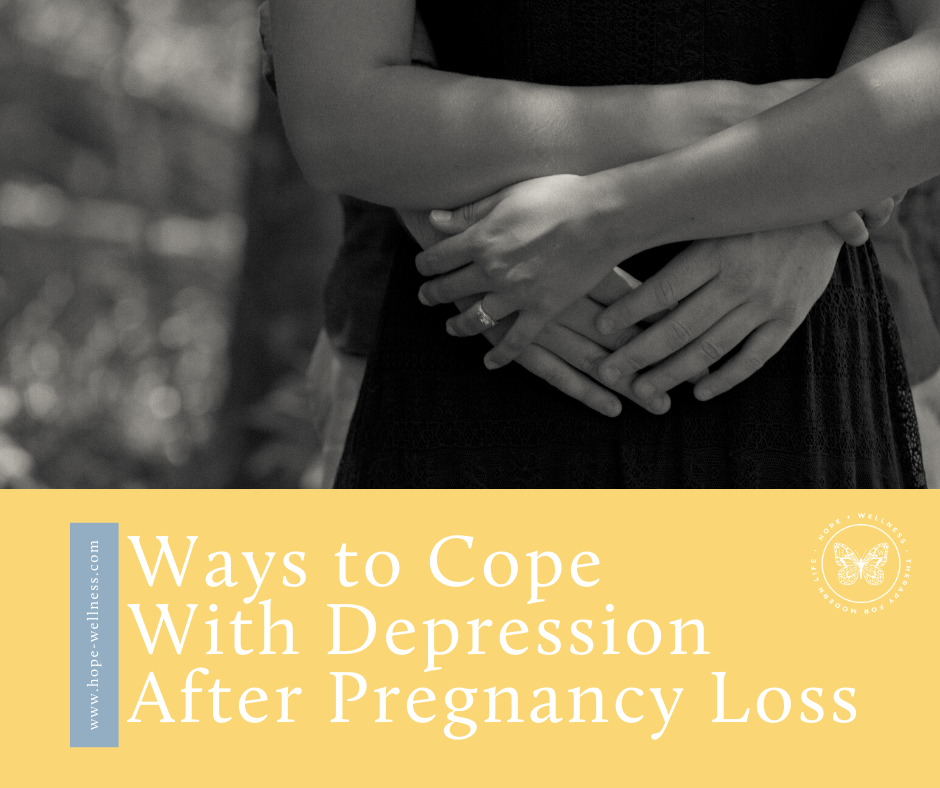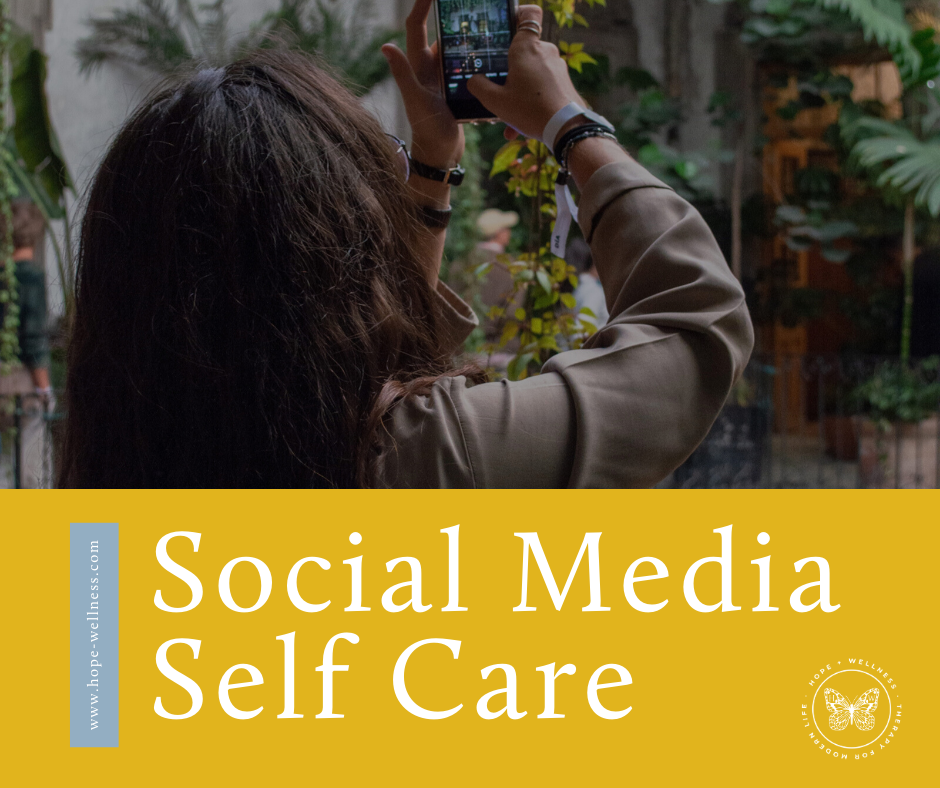
Hope +Wellness Blog
little snippets of advice for everyday challenges many people share

Ways to Cope with Depression After Pregnancy Loss
For many women, pregnancy can be a really uncertain time - excitement, fear, anxiety, hope all come into play. Many pregnancies do lead to healthy babies, but unfortunately, that’s not the reality for everyone. Although it’s still considered culturally taboo to discuss pregnancy loss, the truth is that not all pregnancies end with a healthy infant. It’s hard to imagine an unsuccessful pregnancy, but roughly 10-20% of pregnancies end in miscarriage.

Is Perfectionism Holding You Back?
“Perfectionism is a trait that makes life an endless report card on accomplishments or looks.” That is how Psychology Today makes short work of defining perfectionism. While simple, this succinct definition of perfection hits the nail on the head.
While achieving perfection sounds positive, the trait of perfectionism is actually more toxic than beneficial to our overall health and wellness–because, as most of us know, perfection isn’t actually possible to achieve. Instead, perfectionism is a trait that acts as a harsh, critical voice inside our heads, making us too afraid of failure or criticism to try new things, expand our world, or let ourselves be vulnerable in any way.

5 Ways Chronic Illness can Affect Your Mental Health
Many of us take our physical health for granted until we are forced to do otherwise. For the six out of every ten adults in the US who live with a chronic illness, however, the fantasy of living in perfect health is one that’s hard to reach. According to the Centers for Disease Control and Prevention (CDC), chronic illness is defined as “conditions that last 1 year or more and require ongoing medical attention or limit activities of daily living or both.”

How to stop social media from making you feel bad about yourself
When you think of self care practices, do you ever consider your social media?
While social media is great for so many things (keeping up to date with friends who live far away, finding new music or movies or other cultural events, staying on top of local events, just to name a few) it’s not something we should use mindlessly.

How to Tap Into and Listen to Your Intuition
Intuition sounds like a complex, magical thing. When we think about intuitive people there’s an air of fortune-telling or mysticism that comes along with the word, but all intuition really is is your feelings. Intuition is your gut instinct in any situation.

7 Ways to Communicate More Effectively in Your Relationship
One of the hardest parts of being in a relationship with someone else is figuring out how to talk to them about serious stuff. Relationships can be complicated for many reasons, but sometimes a barrier between partners is that they don’t know how to effectively communicate with each other. Many of us didn’t grow up with positive models of relationships to look up to, so you may feel like you have no chance to catch up at this point. Luckily, that isn’t true! You can figure out ways to communicate with your partner that work in your relationship, even if healthy communication is completely new to you.

What parents of anxious children should know about anxiety
Feeling anxious is a completely normal part of life. When big events or school projects or new social experiences are coming up, it’s natural for your child to feel some degree of anxiety. However, just as in adult, anxiety in children can also become overwhelming. When this anxiety tips over from being a manageable emotion to being a major obstacle in their everyday life, that’s when your child may be struggling to manage an anxiety disorder.

5 Signs CBT is Right for You
The decision to start therapy can be the beginning of a meaningful journey that leads to transformation and growth. However, searching for a therapist can be tricky sometimes, for a number of reasons (including insurance, finances, scheduling, and stigma, to name a few). It can also be the start of a confusing search to figure out what type of therapy is the best fit for you.

Mindfulness for Stress Relief
What is Mindfulness?
What does it mean to cultivate a mindfulness practice? Is mindfulness the same as meditation? There is a lot of uncertainty surrounding the idea of mindfulness–but it’s actually quite straightforward. Being mindful is the simple act of being aware of the moment you are in, while you are in it.

10 Mindfulness Apps to Improve Your Life Right Now
When was the last time you felt fully immersed in the present moment? If you are having trouble pinpointing a time, you’re not alone. Mindfulness can be a transformative practice that helps you learn to sit with your thoughts and focus fully on the here and now. Mindfulness has become such a popular practice that there are even dozens of mindfulness apps available to help you get started. But what is mindfulness, anyway?
Hope+Wellness is a mental health practice specializing in the treatment of depression, mood, stress, and anxiety in kids, teens, and adults. This is a blog about living well and finding meaning and purpose in the face of difficult challenges. This is a blog about finding hope.
Archive
- ACT
- ADHD
- Acceptance
- Anxiety
- Authenticity
- Belonging
- Bipolar
- CBT
- Calming
- Change
- Chronic Illness
- Chronic Pain
- Communication
- Community
- Coping Skills
- DBT
- Dating
- Depression
- EMDR
- Emotions
- Entrepreneurs
- Friendship
- Gratitude
- Grief
- Health Psychology
- Hope
- Inspiration
- Intimacy
- Intuition
- Joy
- Letting Go
- Love
- Manic Depression
- Mindfulness
- Miscarriage
- OCD
- Parenting
- Personal Growth
- Positive Vibes
- Quotes
- Relationships
- Resources
- Self-Compassion
- Self-Reflection
- Services
- Sleep
- Spirituality
- Stress Management
- Stress Relief
- Suffering